"Today, I stand here before you as your king and as part of your government . Today, I personally offer my apologies," King Willem-Alexander said to cheers at an event in Amsterdam on July 1. The event marked the 150th anniversary of the complete abolition of slavery in the former Dutch colonies, according to AFP.
"The slave trade and slavery have been recognized as crimes against humanity. The monarchs and rulers of the House of Orange (the Dutch Royal Family) have done nothing to combat this... Today, I ask for forgiveness for the overwhelming fact that we have failed to act, on the day that we reflect on slavery in the Netherlands," the king said.
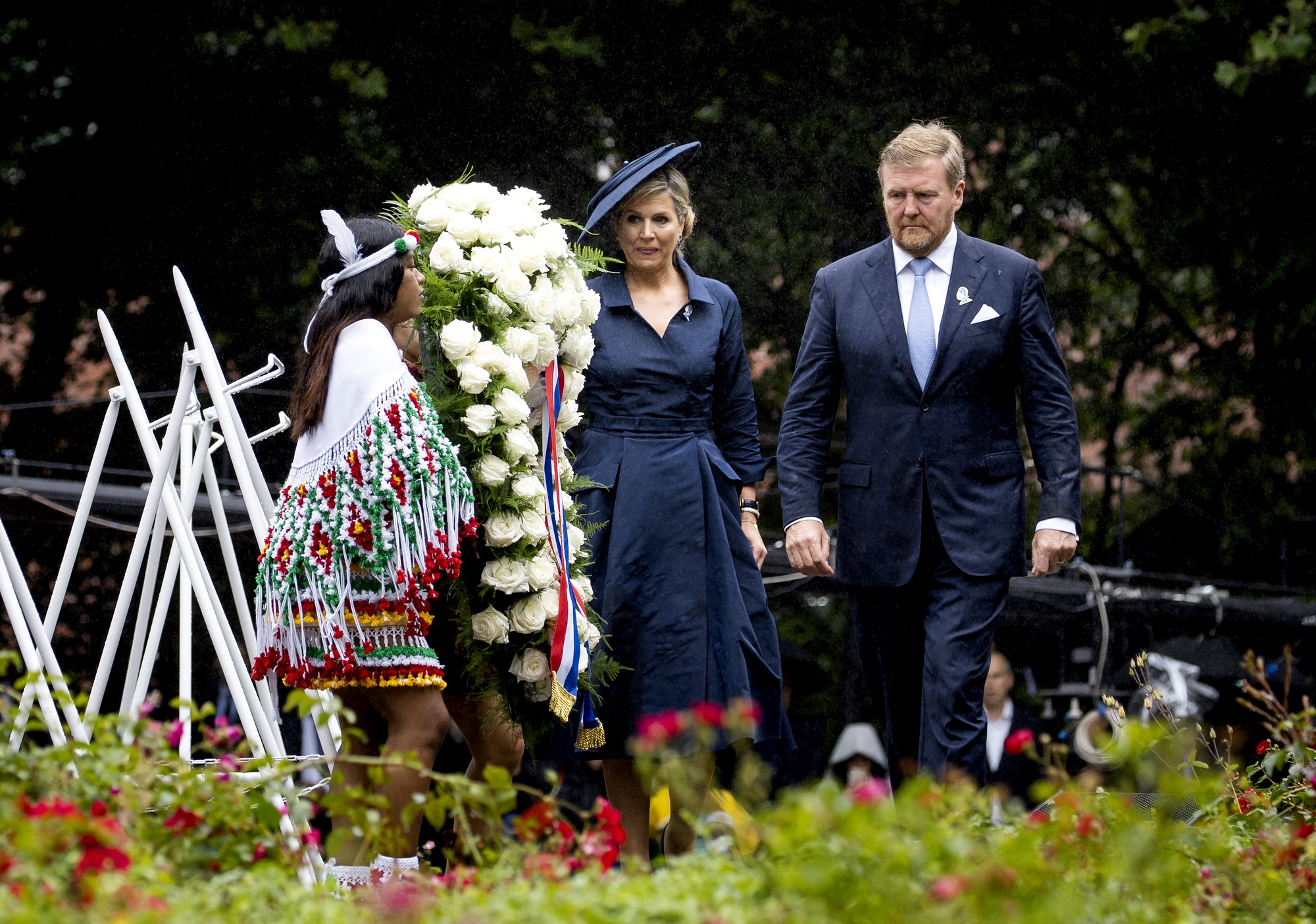
Dutch King Willem-Alexander (right) and Queen Maxima at an event in Amsterdam on July 1.
The king issued an apology after Dutch Prime Minister Mark Rutte did the same late last year. These apologies come as many Western countries re-examine their history of colonial exploitation, a trend fueled by the "Black Lives Matter" movement against violence and racial discrimination against people of color in recent years.
According to AP, slavery was officially abolished in Suriname and the Dutch Caribbean colonies on July 1, 1863, but most enslaved laborers had to continue working on plantations for another 10 years. Today's event in Amsterdam marks the beginning of a year full of celebrations marking the 150th anniversary of July 1, 1873.
Research published last month revealed that the ancestors of King Willem-Alexander earned the equivalent of 545 million euros today from past slave exploitation activities.
When Prime Minister Rutte apologized in December 2022 for the Netherlands' role in the slave trade and exploitation, he did not offer compensation to the descendants of those enslaved. Instead, the Dutch government plans to establish a €200 million fund for initiatives addressing the legacy of slavery in the Netherlands and its former colonies, and to raise awareness of the issue.
That effort was not enough for some in the Netherlands. Two groups, Black Manifesto and The Black Archives, organized a protest march before the king's speech on July 1st, carrying banners that read, "No one should be healed without compensation."
“Many people, including myself, my team—The Black Archives, and the Black Manifesto—believe that an apology is not enough. An apology should be linked to some form of remediation or compensation,” Mitchell Esajas, director of the Black Archives, told AP.
The Dutch first entered the transatlantic slave trade in the late 1500s and became major traders by the mid-1600s. Eventually, the Dutch West India Company became the largest transatlantic slave trader, according to Karwan Fatah-Black, an expert on Dutch colonial history and assistant professor at Leiden University.
Source link


![[Photo] Prime Minister Pham Minh Chinh holds a phone call with the CEO of Russia's Rosatom Corporation.](/_next/image?url=https%3A%2F%2Fvphoto.vietnam.vn%2Fthumb%2F1200x675%2Fvietnam%2Fresource%2FIMAGE%2F2025%2F12%2F11%2F1765464552365_dsc-5295-jpg.webp&w=3840&q=75)


![[Photo] Closing Ceremony of the 10th Session of the 15th National Assembly](/_next/image?url=https%3A%2F%2Fvphoto.vietnam.vn%2Fthumb%2F1200x675%2Fvietnam%2Fresource%2FIMAGE%2F2025%2F12%2F11%2F1765448959967_image-1437-jpg.webp&w=3840&q=75)






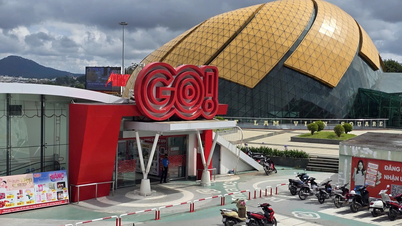






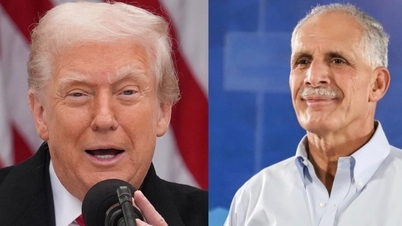
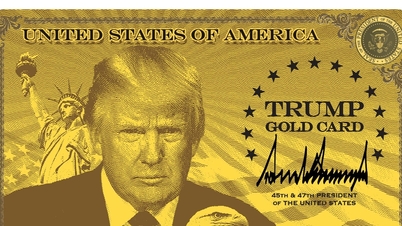
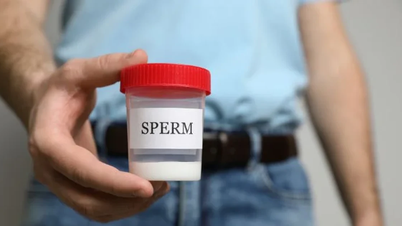
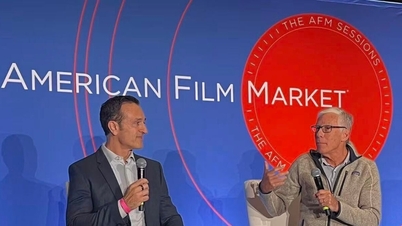






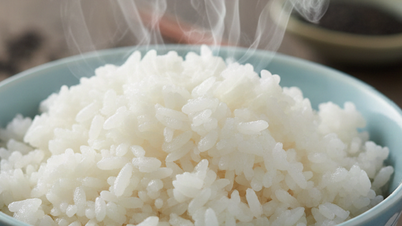



























![[OFFICIAL] MISA GROUP ANNOUNCES ITS PIONEERING BRAND POSITIONING IN BUILDING AGENTIC AI FOR BUSINESSES, HOUSEHOLDS, AND THE GOVERNMENT](https://vphoto.vietnam.vn/thumb/402x226/vietnam/resource/IMAGE/2025/12/11/1765444754256_agentic-ai_postfb-scaled.png)


















































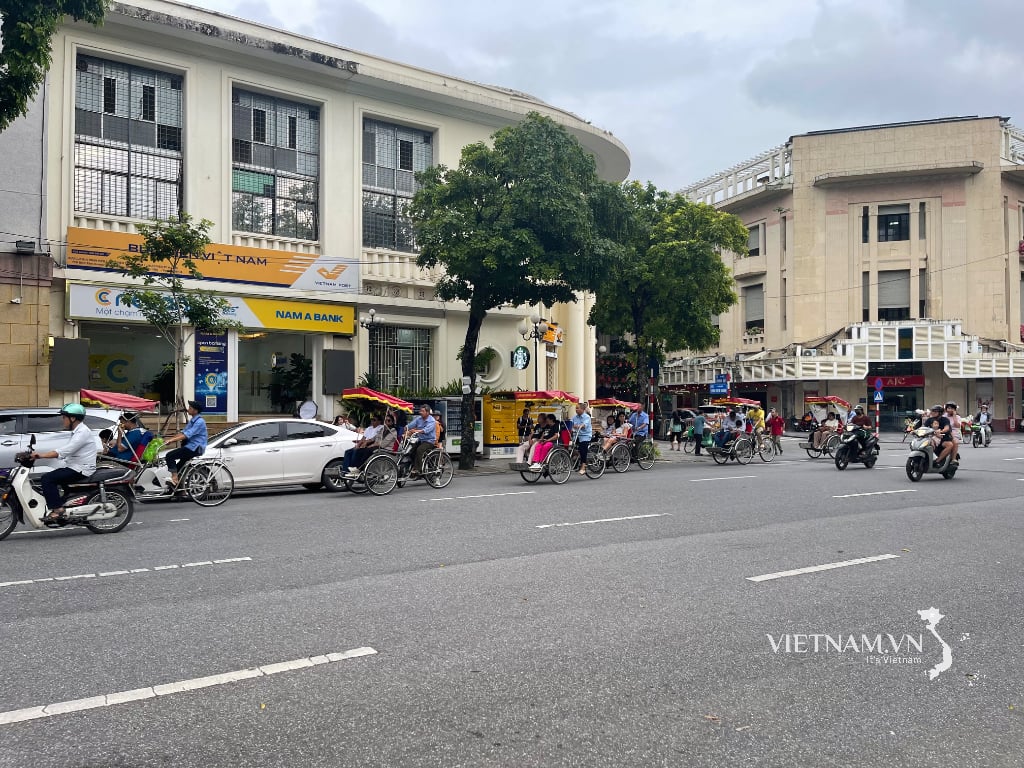
Comment (0)